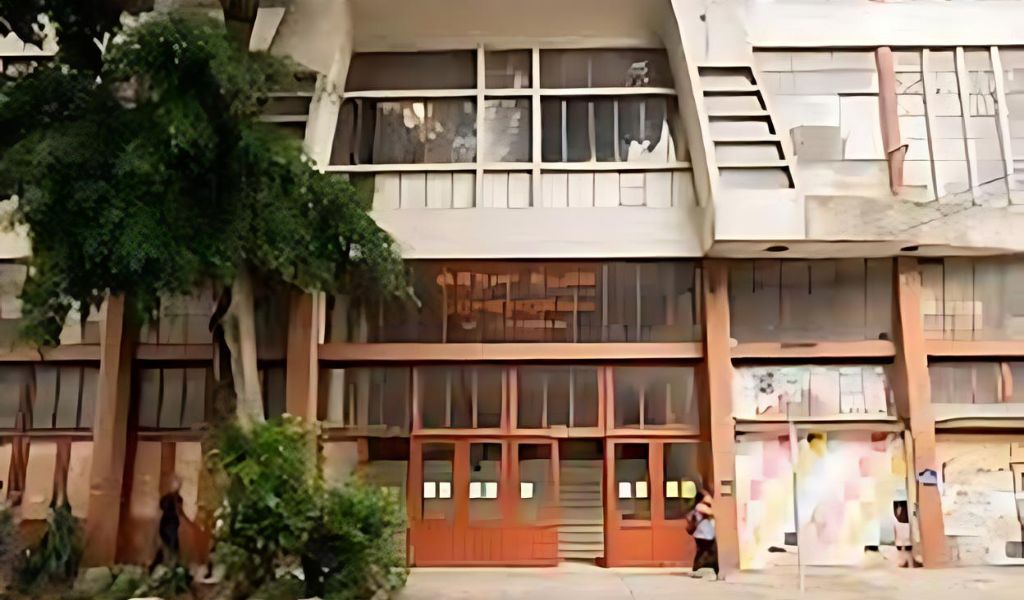The lack of integrated public policies and easy access to citizens is nothing new when it comes to the most vulnerable populations. This was visible in Brazil during the Covid-19 pandemic not only in its dramatic figures with the second highest number of deaths worldwide, but also in the locally developed collective actions to face the consequences of the pandemic. How can these strategies of survival acquire public and political visibility for the people who participate in everyday spaces of struggle and resistance?

In these configurations, there is an accumulation of knowledge that allows the articulation of concrete problems of the populations with local responses. Communities are a source of social innovations, guided by solidarity mechanisms developed by actors in their daily contexts. This shows the fundamental role of community strategies facing the various problems that arise in crises contexts and allows us to understand solidarity as a principle of social organisation in the most vulnerable populations, that is, as a political practice. Here we present Casa do Povo’s experience with the Open Basket initiative as a grassroots social innovation emerging during the pandemic.
Part of a series: read the first blog here
Casa do Povo
Casa do Povo is a community cultural centre located in Bom Retiro, a central district of São Paulo. Founded in 1946 with the aim of promoting Jewish culture and forming an apolitical space of resistance and memory, an objective that remains in force to this day. Inhabited by various groups, movements, and collectives – some for decades and others more recent – it operates in the field of culture through a transdisciplinary and procedural agenda with art as a critical tool in the process of social transformation. Its priority areas are memory, collective and engaged practices, dialogue, and involvement with its surroundings. In this endeavour, the public is not a target, but an active participant who, in addition to visiting, also proposes activities making the space a place of encounter, training and experimentation, ‘a living monument’, a place where to remember is to act.

During the pandemic, Casa do Povo became a space for articulating strategies to support the community, particularly the most vulnerable. It reorganised itself to carry out actions in support of the community through a new area called ‘community articulation’, which eventually gave rise to ‘action fronts’, sponsored by the Goethe-Institut. These action fronts were organised according to the demands that arose through the creation of a group of people initially made up of local residents. The success of action fronts was dependent on the coordination of locals with social movements, organisations, and public services in the neighbourhood and focusing on meeting the emergencies and needs of the community, providing support in the face of the various problems that arose in people’s daily lives.
The first action front, the Emergency Aid booth, helped people download the application necessary to access government aid. At the same time, Casa do Povo started receive food donations from city hall and different organisations. Volunteers in charge of the emergency aid booth began to map which households in the neighbourhood were food insecure. They quicky made a registry of more than 250 families, of which 70% were South American migrants, mainly from Bolivia. From this registration drive the first Open Basket was created to serve the registered families.
The Open Basket initiative
The Open Basket initiative was Casa do Povo’s largest initiative during the pandemic. It was a response to better provide food according to the varied population of the territory, mostly migrants. Food baskets were opened and organised in such a way that each person could choose the food products, with a limit of products per registered family, but with fresh food distributed unlimitedly.
In 2021, food insecurity increased across the country, with Brazil returning to WFP’s hunger map. But with the number of donations decreasing, it was difficult to provide for all the families. Casa do Povo decided to adapt its initiative through a new ‘open basket on the street’ and assist families who lived in the neighbourhood’s boarding houses and tenements. The mapping carried out previously, together with the visits, allowed them to understand the level of food insecurity of each of the people and families: “Visiting people led us to be able to visualise this better.”
Over time, Open Basket has grown and gained recognition among social movements, with the Landless Workers’ Movement (MST) choosing Casa do Povo as one of the organisations to receive donations during its National Agrarian Reform Fair. Meanwhile, Casa do Povo organised several other events with the aim of building a space for exchange, debate and culture, from workshops in their collective kitchen, to conversation circles, debates on the ultra-processed food industry, and workshops on nutrition education for children. In addition, Open Basket holds collective dinners every two weeks in the kitchen of Casa do Povo, in which meals are jointly prepared by the volunteer team and beneficiary families where everyone sits at the table, chats, and organises the space. The menus are decided collectively based on the group’s desire, seeking to bring a healthy, accessible, and tasty meal to everyone. This year, Open Basket’s team is focusing on capacity building, so beneficiaries can generate an income from this apprenticeship. In partnership with MST and the Movement Popular Brazil they plan to train ‘popular food agents.’
The Open Basket initiative is a good example of a grassroots social innovation: it emerges as a community’s demand for food during a critical moment and Casa do Povo’s response to these demands, motivated by solidarity as a principle of action.